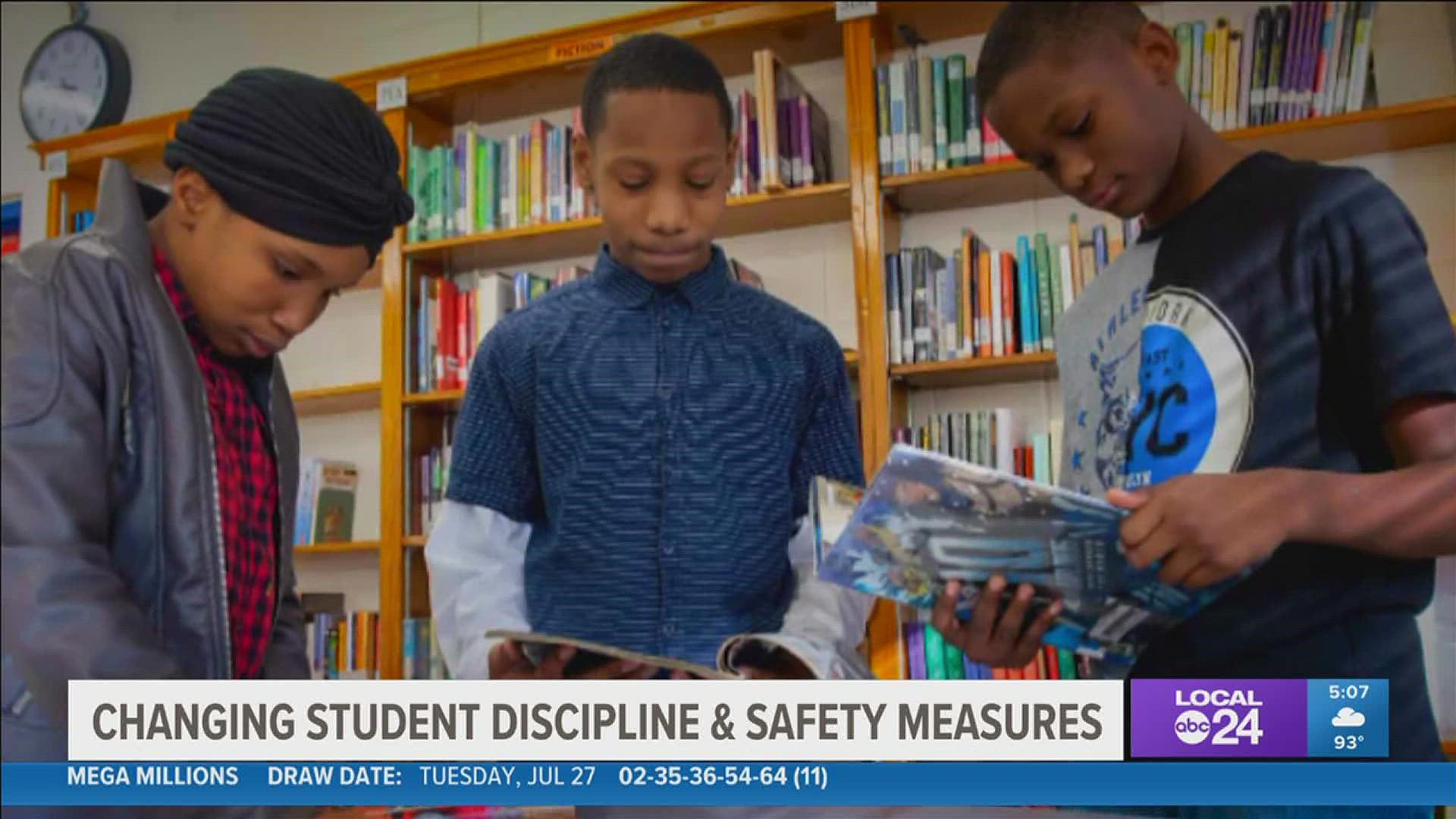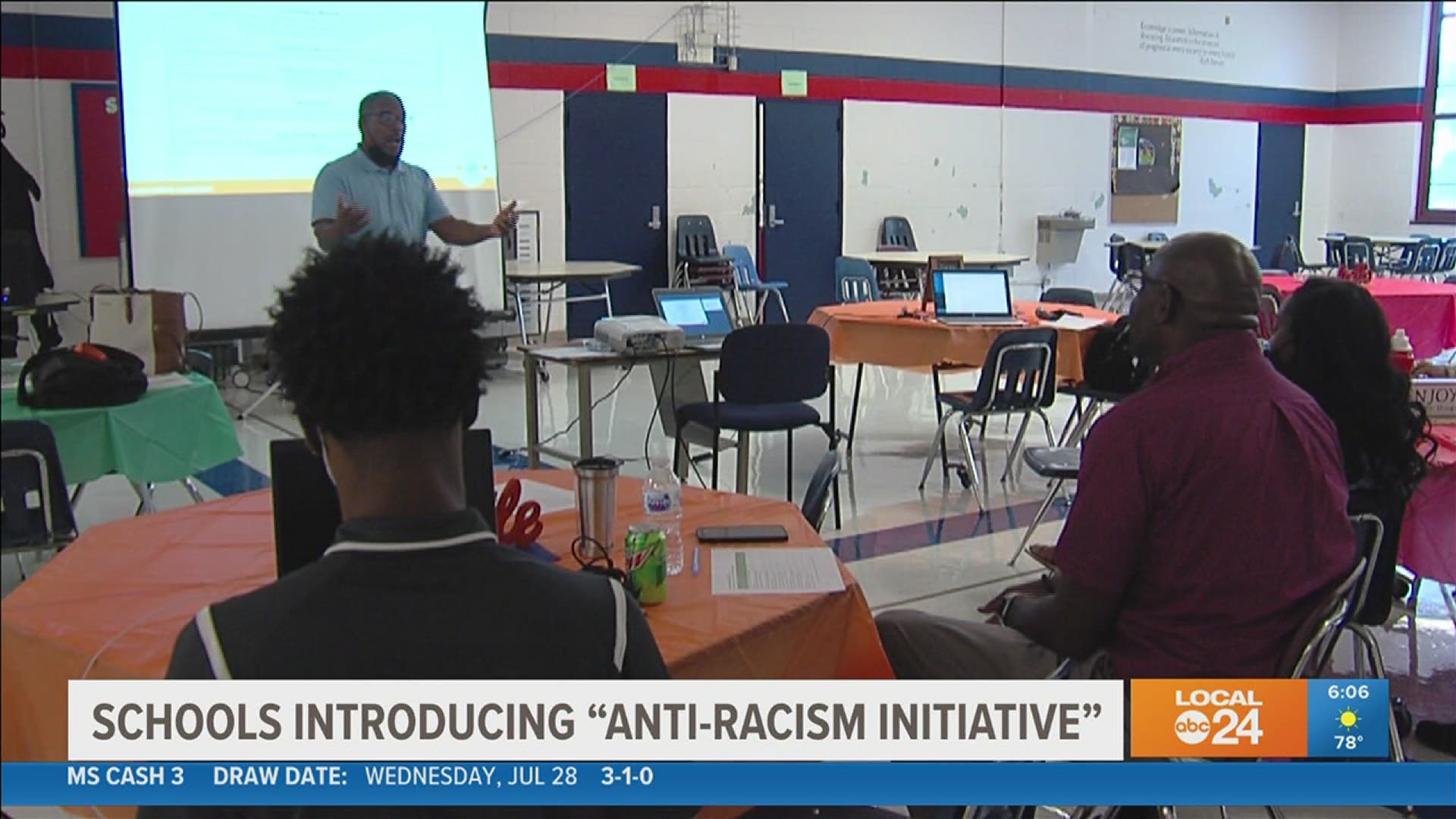MEMPHIS, Tenn. — Frayser Community Schools is trying to create a more equitable environment for students through the launch of a new "anti-racism initiative" set to take effect at the start of the upcoming school year.
Founder Dr. Bobby White said the last 18 months reinvigorated what he always thought: a bolder approach to education was needed.
“With George Floyd, Breonna Taylor and Ahmaud Aubrey, some of the things that have happened with partisanship in our country, I thought we needed to take a stand and be a bit bolder," he said.
The anti-racism initiative is broken down into three tiers: disciplinary practices, family involvement and being trauma-informed schools.
FCS will implement a "no expulsions" rule for students with the exception of the more serious, zero tolerance cases.
The schools will focus on restorative practices instead of punitive ones, to ensure students don't get suspended for minor incidents.
"To take discipline in a different direction and really think about it in terms of trauma and all of the things kids have been through, you really have to dig in to what happened to this child to cause them to believe that this behavior was appropriate," FCS Executive Director Brett Lawson said. "How can we remediate and repair that damage?"
Lawson said they added a restorative practice specialist at each school who can help students, including those that have dealt with trauma, work through their issues.
“If you change the narrative around from discipline being punishment to discipline being teaching then that really how it changes how you approach it," Lawson said.
The parent-advisory council was also revitalized over the summer with the intention of getting parents more involved and have their voices heard.
At Westside Middle School, there will no longer be a School Resource Officer stationed at the school. Lawson said to be an anti-racist institution that means trying to reduce the school-to-prison pipeline.
“When you walk into the school you’re going to see loving teachers, principals," he said. "There’s nothing that’s going to be triggering to make you adverse to the school building.”
Dr. White hopes students will recognize a difference when the school year begins.
“What it means, I think that child can now understand that they’re thinking through my challenges, as opposed to seeing me as the problem," he said. "Here is what we need to recognize. The institution is a problem, not the child.


